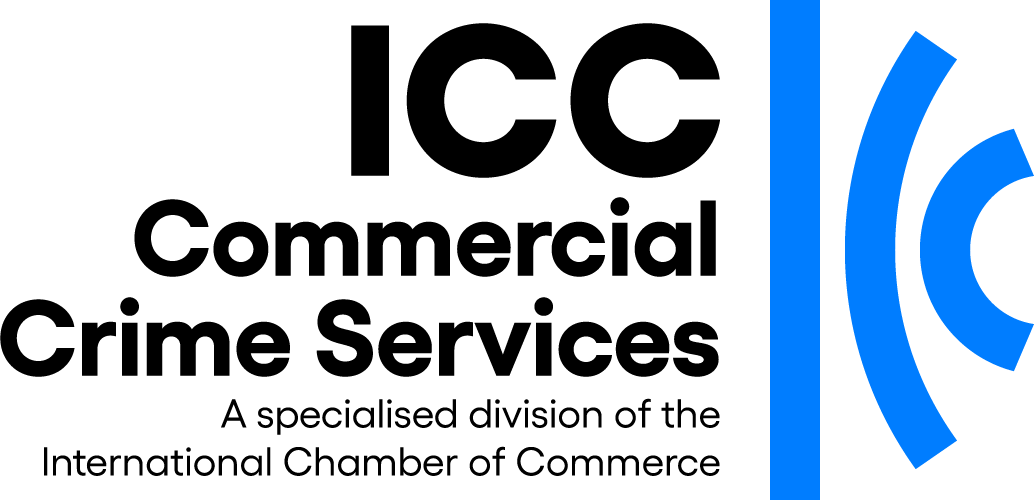

The 6th annual ICC Commercial Crime Services Lecture and Workshop, held in London on 23 June, was host to over 150 participants in policing, banking, law, fraud investigation and forensic accounting.

The 6th annual ICC Commercial Crime Services Lecture and Workshop, held in London on 23 June, was host to over 150 participants in policing, banking, law, fraud investigation and forensic accounting.
Bruno Cova, co-chair of the Italian office of Paul Hastings in Milan and the former Chief Counsel for the Administrator of Parmalat, delivered the key lecture at one of the most widely anticipated events in the international anti-crime calendar.
Discussing the collapse of the Italian dairy giant Parmalat, he set the context of the lecture noting that financial fraud has now become such a widespread problem that no country should consider itself immune. Mr Cova presented the Parmalat case as a staggering example of a corporate scandal of global proportions that will take years to resolve.
His presentation underscored how the effects of financial fraud can extend far beyond the direct losses suffered by a company, its shareholders, employees and suppliers. Frauds of this nature erode corporate trust and destabilize global financial markets. A domino effect occurs as investments decrease, market liquidity is squeezed, and increased bankruptcies push the cost of borrowing higher for companies not directly related to the frauds. The cost of doing business increases as new regulation aimed at stopping further frauds takes effect. The way of doing business changes, for the worse.
Not only do the financial and corporate sectors suffer as a result of large-scale financial fraud. People lose their jobs, pension funds suffer, social costs spiral, and the resulting public outrage can lead to political unrest.
Mr Cova noted a number of common features associated with recent global financial scandals attributable to such companies as Enron, WorldCom, Tyco and Parmalat. He identified a failure of corporate governance, exploitation of ineffective accounting and legal standards, and deviation from industrial strategy in favour of “quick-fix” financial solutions as common symptoms. In all of these cases, senior leadership including Boards of directors and gatekeepers such as auditors failed to act despite irrefutable signs of financial irregularities.
The key lecturer offered a number of suggestions for rebuilding confidence in corporations, restoring trust in capital markets, and reducing the opportunities for future large-scale frauds to occur.
Mr Cova argued that instead of rule-making the solution to corporate wrongdoing lies in the creation of a culture that encourages a more ethical approach and promotes more responsible corporate behaviour. He also recommended that supervisory and regulatory agencies be given adequate resources and powers to become more effective enforcers.
An annual event held in London, the ICC Commercial Crime Services Lecture and Workshop is an important forum for all those seeking to learn more about combating commercial crime.
For more information about this lecture series and other CCS services, contact ICC Commercial Crime Services at Tel + 44 (0)20 8591 3000, E-mail ccs@icc-ccs.org






